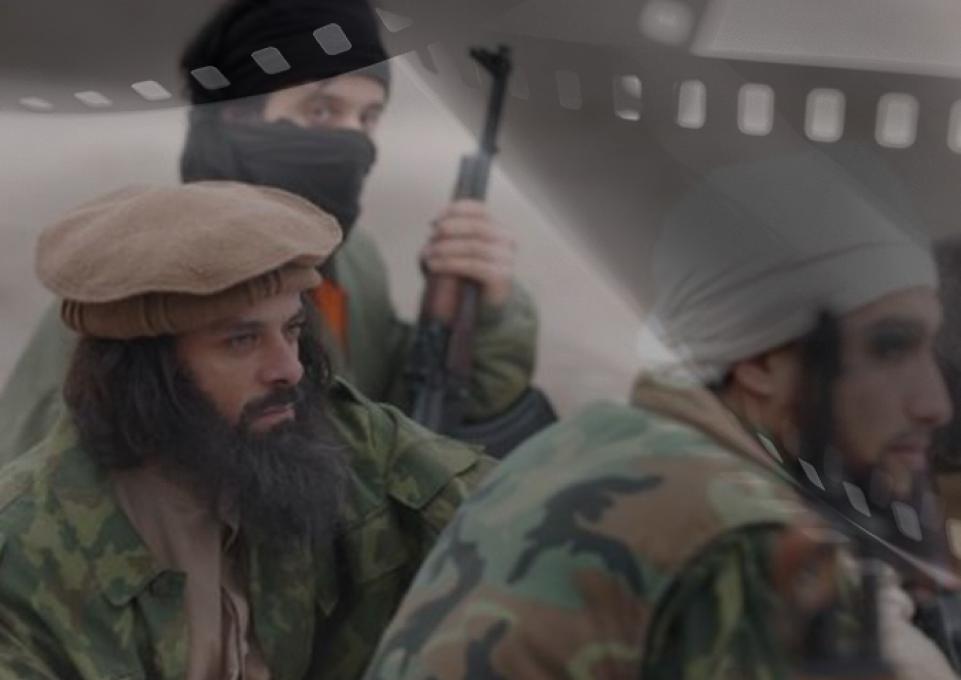
You can’t change the past, but you can find new ways to teach it.
History and social studies education faculty members Albert Michaels, professor, and York Norman, associate professor, have been co-teaching history courses for three years. In spring 2018, they are presenting Terrorism in the Middle East, which includes a series of film and video presentations. Following each presentation, a panel of experts will discuss—and sometimes debate—the material from a variety of perspectives. Audience questions and comments are invited.
Three of the presentations will be free and open to the public. The events will be held at the Burchfield Penney Art Center at Buffalo State and will begin at 6:00 p.m.
February 1
The Algerian War
Panelists: Michaels and Norman
February 22
Hamburg Cell
Panelists: Michaels, Norman, and Susan Clark Randaccio (lecturer, Middle Eastern history)
April 19
The Rise of ISIS
Panelists: Michaels, Norman, Randaccio, and Bruce Fisher (visiting professor)
“The response to the class has been very positive,” said Norman, “and of course the material is very relevant to today’s news. We want to take advantage of our unique location right here in Buffalo to invite the public to deepen their understanding of the complex issues in the Middle East.”
Students Engage with Films, Discussions
The course is a blend of online and classroom activities centered on required texts and the films, but its most innovative component may be the discussion that Michaels and Norman present in class preceding each film.
“It’s interesting because we don’t have the same perspective,” said Norman. “We discuss the material from different viewpoints, using historical events and political principles to explain why we hold our sometimes very different views.”
Normal and Michaels have integrated online lectures, the films, and a weekly formal class meeting. Before showing the films, they orient the students to the material by cuing them to the key concepts presented. Following the film, students participate in a mandatory online discussion. Several texts are required, too. Community members, other faculty, and experts on the topics also take part in presenting the material and offer different perspectives.
The course covers the period from the end of World War II to the present, including the struggle against ISIS. Despite the rigorous demands of the curriculum, retention of students who enroll in the class is good. “By incorporating different ways of presenting the material,” Michaels said, “we are seeing students become more engaged in the course. The traditional lecture class isn’t as effective in getting the students involved.”
Pictured: Still from Hamburg Cell.
